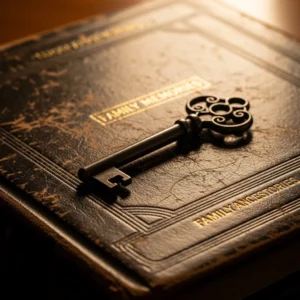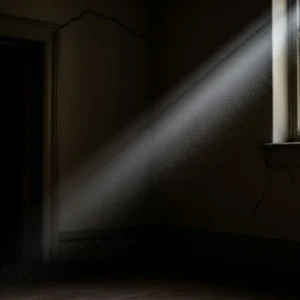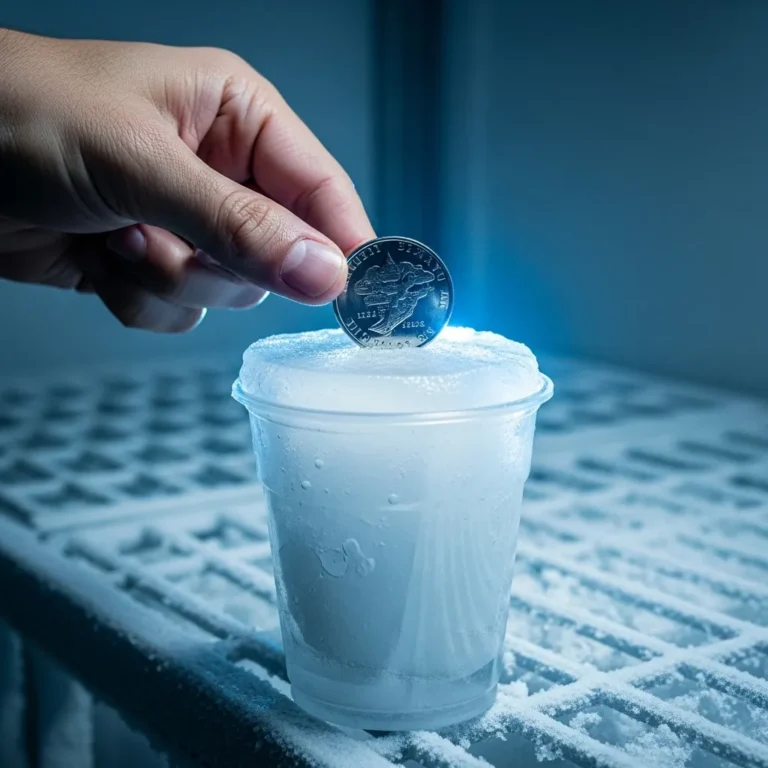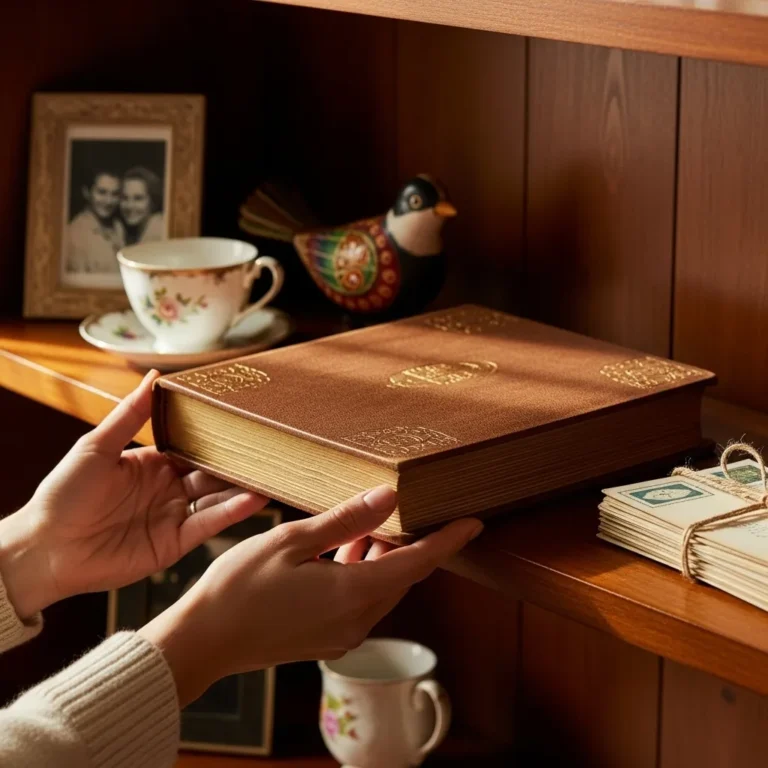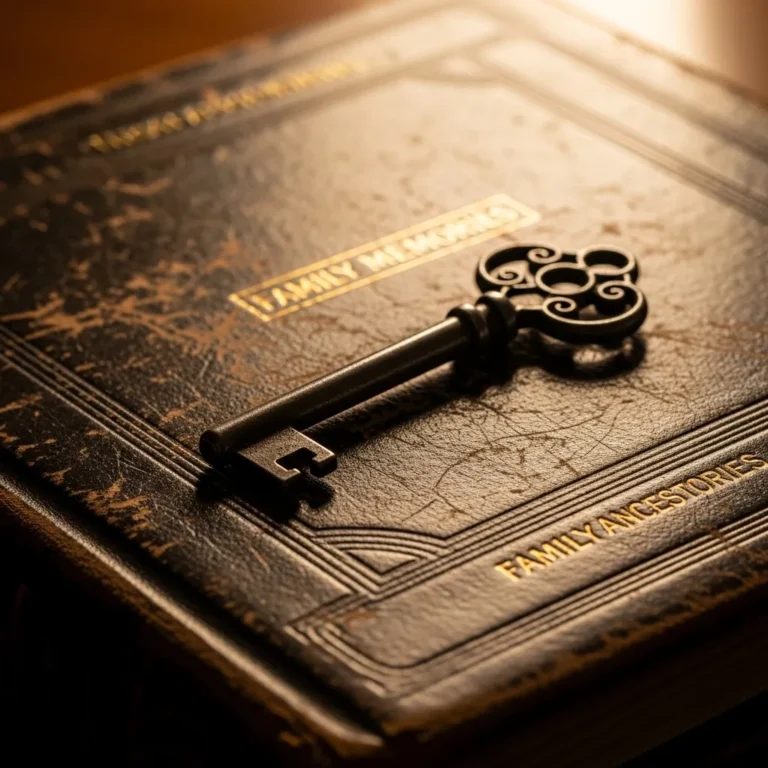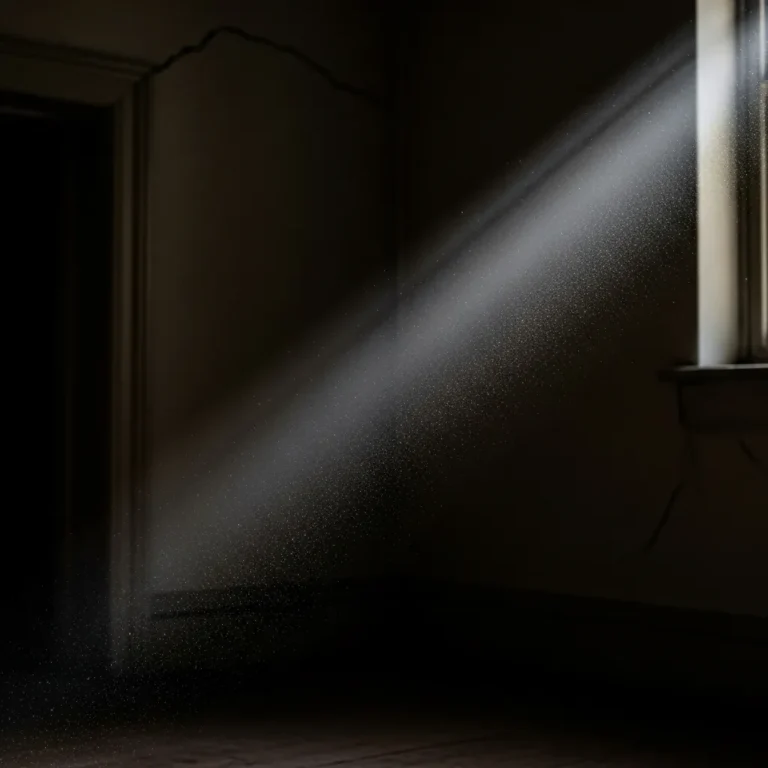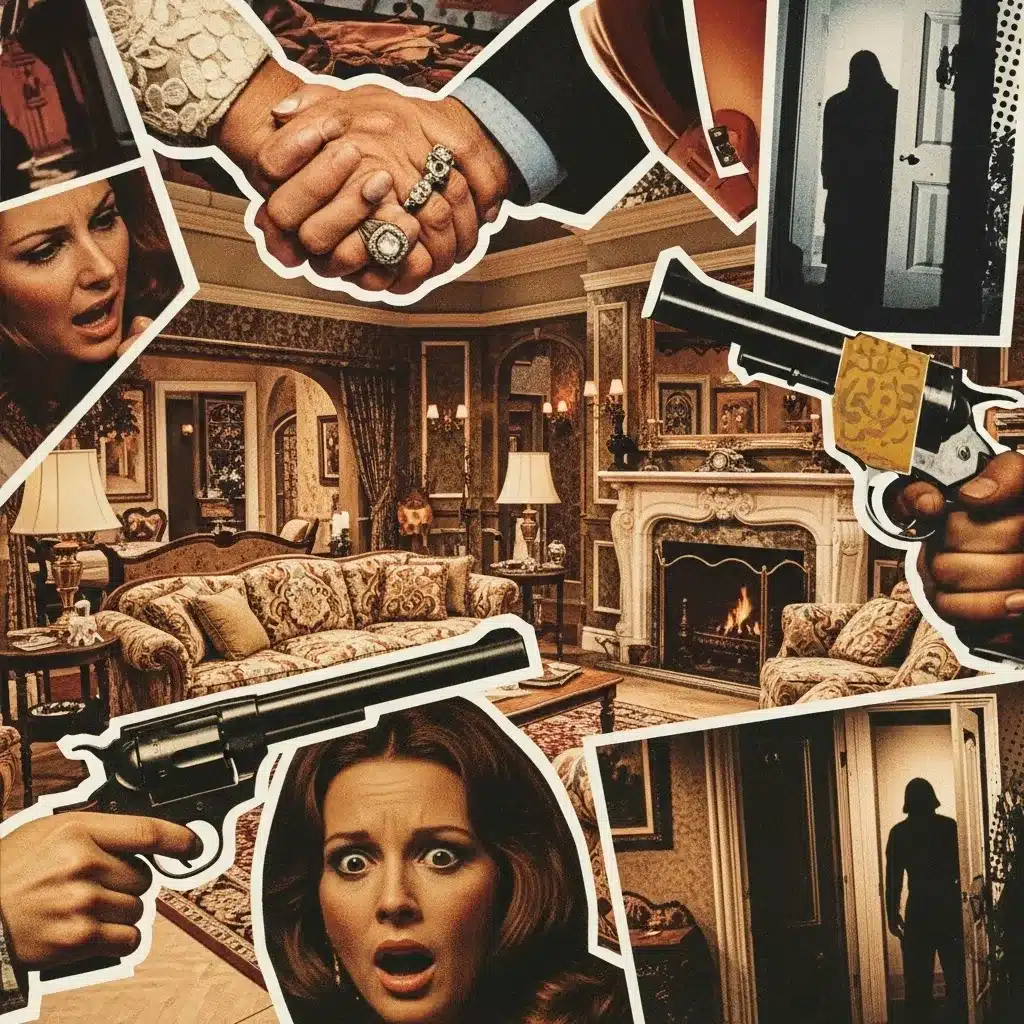
Soap (1977–1981)
The Gist: A wildly satirical primetime parody of daytime soap operas, chronicling the tangled, absurd lives of the wealthy Tate family and the blue-collar Campbell family.
Soap was not just a TV show; it was a controversy. Before the first episode even aired on ABC, the network was flooded with protest letters based on reports about its racy themes, which included infidelity, impotence, murder, organized crime, and homosexuality. But the show, from creator Susan Harris (who would later give us The Golden Girls), was not an endorsement of these things—it was a brilliant, over-the-top send-up of the melodrama that fueled daytime television.
The series followed two sisters: the wealthy, flighty Jessica Tate (Katherine Helmond) and the down-to-earth Mary Campbell (Cathryn Damon). Their families were a whirlwind of secrets, scandals, and bizarre plot twists. Week after week, viewers were treated to cliffhangers involving amnesia, cults, alien abductions, and a ventriloquist who believed his dummy was alive. Each episode began with a deep-voiced announcer asking dramatic questions (“Will Burt find out about his son’s affair with a tennis pro?”) and ended with the ominous promise: “These questions—and many more—will be answered in the next episode of… Soap.”
A key part of the show was the character of Jodie Dallas (played by a young Billy Crystal), Mary’s son, who was one of the first openly gay main characters on American television. While the portrayal was a source of controversy at the time, Crystal played the role with sensitivity and humor, and Jodie’s story arc was a major, and for its time, brave, part of the series. The show also launched the career of Robert Guillaume, whose sharp-witted butler, Benson DuBois, became so popular he earned his own long-running spin-off, Benson.
Why It Mattered: Soap pushed the boundaries of network television comedy. Its serialized format—where storylines carried over and built upon each other—was highly unusual for a sitcom and a direct precursor to the narrative complexity of many modern comedies. It proved that audiences had an appetite for dark, satirical humor and that a sitcom could tell a long-form story.
Rewatch Cues: To get the full effect, you have to watch the episodes in order. The joy of Soap is in the escalating absurdity of its plotlines. Pay attention to the brilliant performances of Katherine Helmond and Cathryn Damon, who grounded the show’s insanity with real emotional depth. And, of course, enjoy the weekly cliffhangers, which remain a masterclass in getting viewers to tune in next time.

